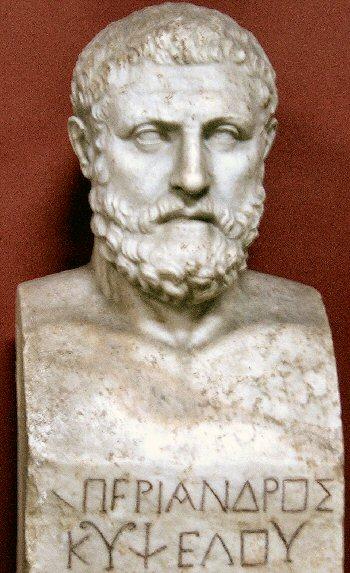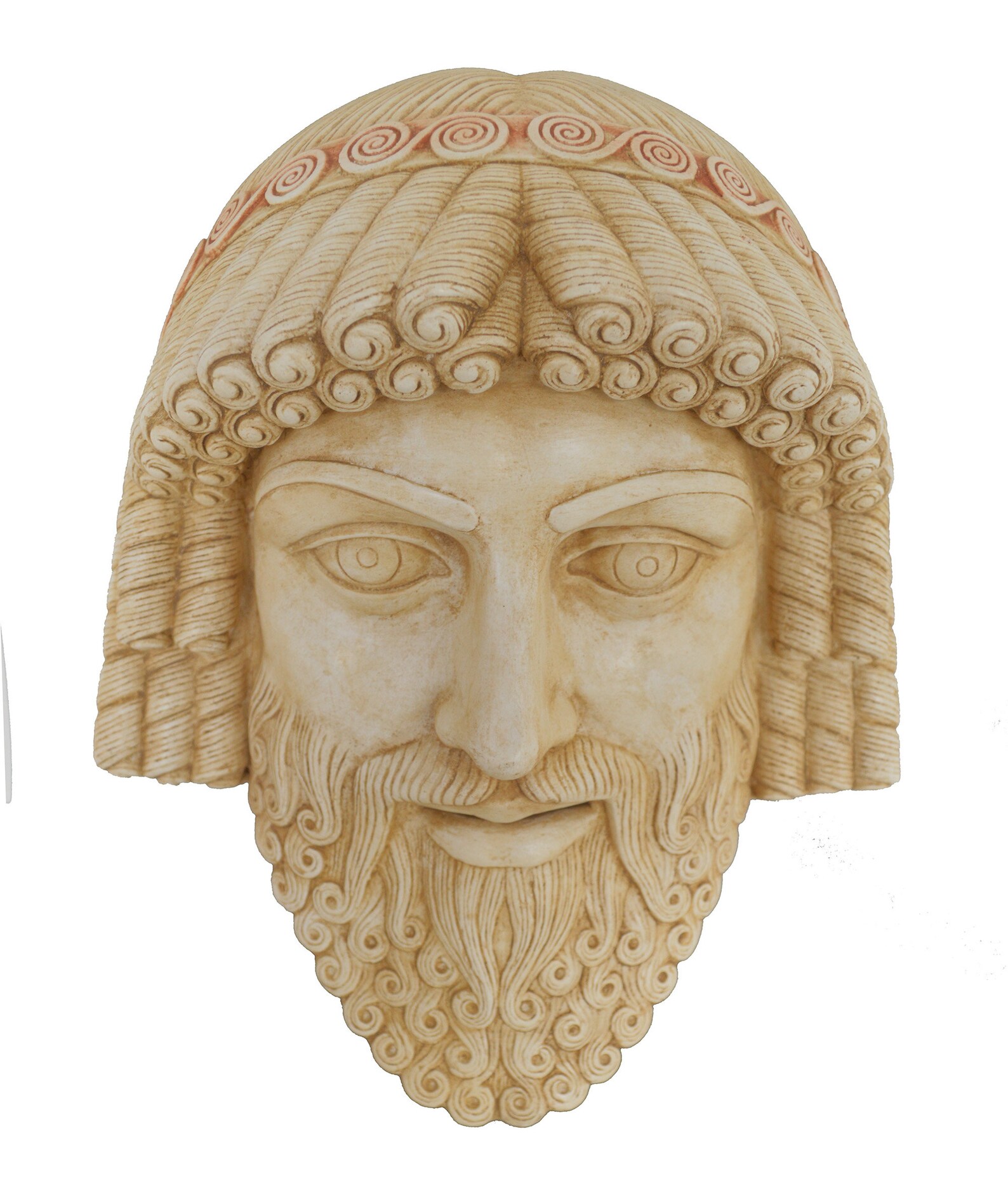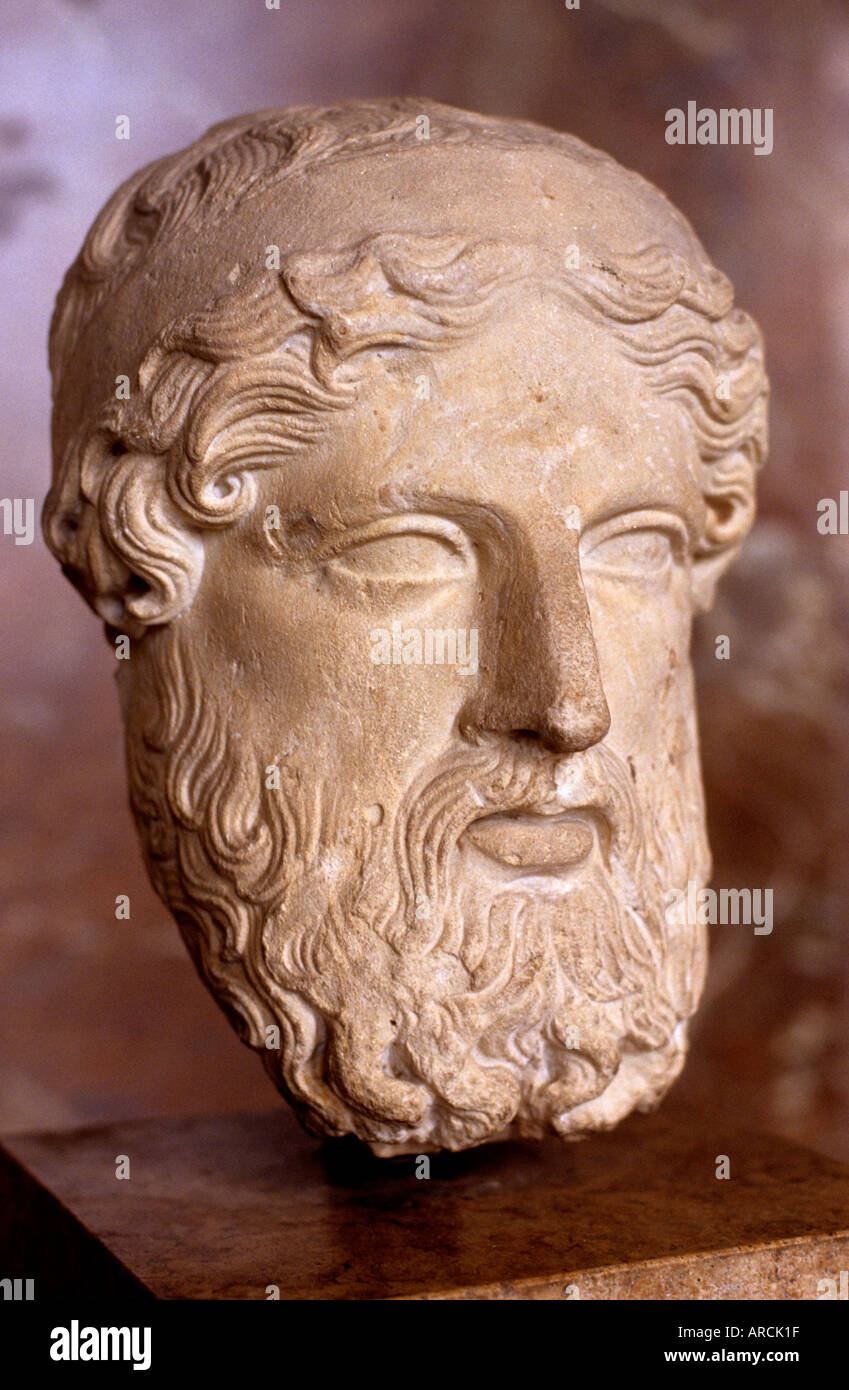

Within this broad framework, the invention and promotion of new cults for mortals form the topic on which I intend to focus here. Accordingly, keywords leading the research shall be reception, adaptation, and invention of religious practices and beliefs in specific socio-cultural and geographical contexts. As a consequence, a contextual evaluation of the sources and of the particular dynamics that they highlight will prove more fruitful than a general systematization (as tantalizing as that may be). Compared with less documented, archaic periods, for which we can only work on long-term consequences and sedimentations in ritual and culture, Hellenistic documentation often allows us to identify trends in cultural and religious history with greater proximity to the times and places where they occurred. 4 Secondly, a few methodological reflections on interpreting Hellenistic religious life are necessary. Among those, epiphany of divine power has the most conspicuous place. 4 Effective and helpful manifestations of superhuman power are the most universal aspect of Greek go (.)ĥThis approach implies as a first step that we rethink the borders separating the spheres of human and superhuman status as well as the channels by which they communicate with each other.Nevertheless, the possibility that ruler cults may result in ephemeral manifestations should not undermine a comprehensive understanding of their cultural logic and ritual dynamics and of the traits that they share with the worship of traditional gods. 3 The discussion proposed by Erskine also has a broader relevance: evaluating ruler cults as a phenomenon revealing a proper religious content and, as a consequence, a distinctive socio-political significance, opens the door to a revision of the parameters themselves, by which scholars understand Greek gods.ĤIf we may confidently assert that every divinity undergoes an historical evolution both in rituals and representations, this statement proves even more valid for deified sovereigns, all of whose cults originated in relation to well-defined historical figures and contexts and in many cases would not have survived a change in the socio-political environment where they were created and legitimated. On the contrary, their spread stems from the fact that old and new cults are placed side by side in temples and festivals and that the latter are modelled on the former. Furthermore, these cults cannot be simplistically labelled as a rival phenomenon to the so-called traditional religion, as if their success depended on replacing the former gods.


The Hellenistic and Imperial perspective sketched by Erskine shows us that cults for sovereigns are attested for a large part of the history of ancient Greek religion: this should be sufficient to prevent scholars from discounting them as an anomaly or a degeneration of religion itself. 2 Erskine asks provokingly how we would evaluate ruler cults if we did not focus our attention on classical Greece but on the Greco-Roman history of the first centuries AD.



 0 kommentar(er)
0 kommentar(er)
